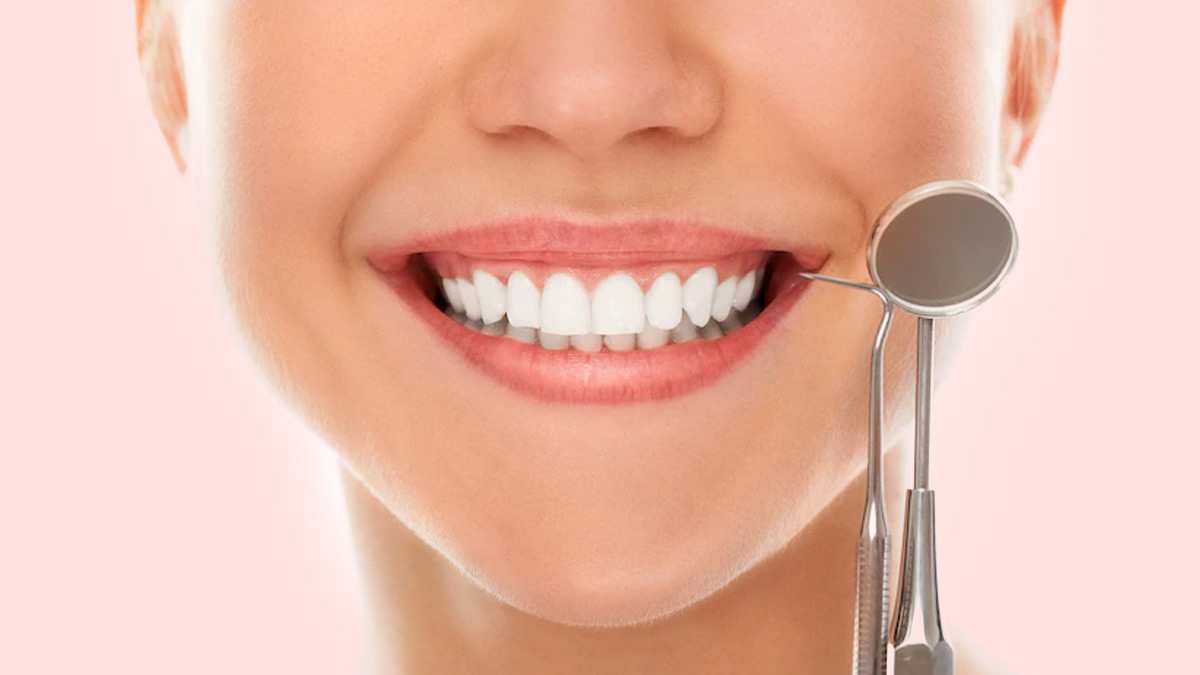
There is a significant connection between oral health and hormones, especially in women, said Dr Kishkindha, BDS, based in Ludhiana, Punjab. For example, during pregnancy and menstruation in females, there is a tendency for an increase in hormones like progesterone and oestrogen, due to which the susceptibility to fight pathogens of the whole body, including the gums, weakens, and there are chances that any organism can affect gums and body during that time.
Oral Health During Pregnancy & Menstruation
"There is an age-old belief that the female body gets weakened during pregnancy and menstruation. Many people consider this a myth which is not the case. In reality, this is not a myth; the body gets weakened because the microorganism can attack more during this time. This happens because the body's resistance power during this phase tends to decrease due to a slowdown of the immune system. For menstruating women, there is a tendency that on brushing, there is bleeding gum," added Dr Kishkindha.

Also Read: Gum Disease: Your Gums Can Never Grow Back After Receding
Oral Health Affected Due Pregnancy Hormones
There is a tendency for hormone levels to increase, like progesterone and oestrogen, due to which the resistance power of the gums or oral periodontium tends to decrease. This, in turn, makes the cells that guard against germs show a slow defence response. As a result of this, the inflammation in the gums tends to increase. Inflamed gums over time could lead to gingivitis, and if proper teeth cleaning is not done, the plaque accumulates, and this can lead to pocket formation between teeth and gums.
What Is Pocket Formation?
Pocket formation happens when there is an accumulation of germs and plaque between the teeth and gums. As a result of this, attachment between the gum and the tooth (sulcus) tends to deepen, and there is more and more plaque accumulation. Further, if not treated, it tends to invade even the bone and cause bone resorption. It is because of this reason that teeth become mobile in pregnant women. There is a tendency to go for dental treatment after delivery, which creates more problems for them.

What Should A Pregnant Woman Do?
If the woman is pregnant and dealing with dental issues, she should see the dentist in her second trimester. Dr Kishkindha said the reason for this is that in the first trimester, there is the development of the organs of the baby. In dental treatments, X-rays are done, which can be harmful to the baby in the first trimester. In the third trimester, long dental sittings for patients are not possible because of their baby bump, and also, they are more restless during this period of pregnancy. Thus, it is the second trimester – the fourth, fifth, and sixth month of the pregnancy – is the safest period to get dental treatment done.
Also Read: How Chewing Gum Can Impact Your Oral Health
Effect Of Hormone On Men's Oral Health

When it comes to the role of hormones in males, the effect is either nil or not so prominent. However, they have the tendency to have more deleterious habits like alcoholism and smoking that make their teeth and oral health more prone to germs and damage.
Image Credits: freepik
How we keep this article up to date:
We work with experts and keep a close eye on the latest in health and wellness. Whenever there is a new research or helpful information, we update our articles with accurate and useful advice.
Current Version